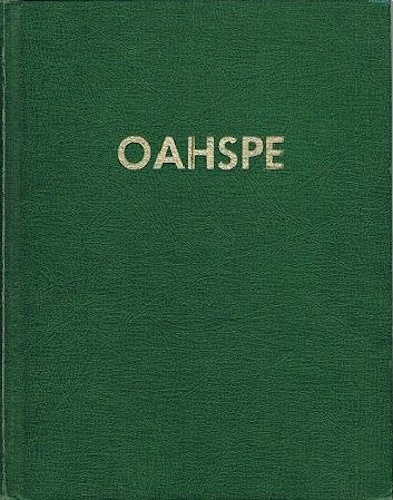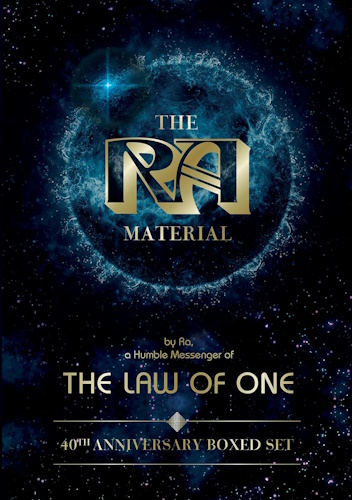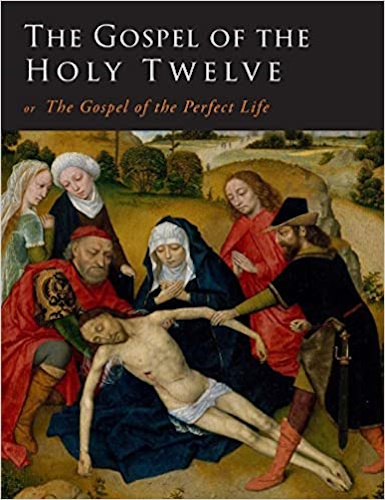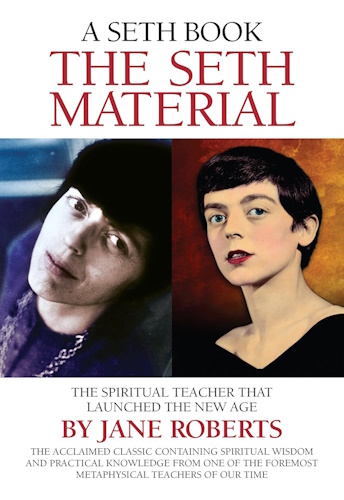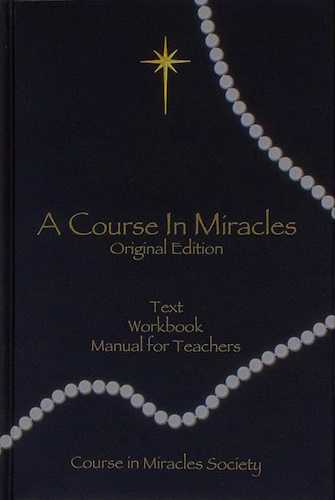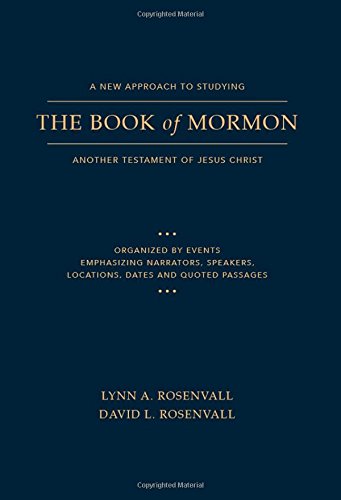
![]()
![]()
Book of the Arc of Bon
Chapter VI
1. FOR three years Capilya traveled over the land of Vind'yu, east and west and north and south, establishing the Faithists wherever he found them; and he donated to them whatever lands laid waste and not tilled; but he touched not any land whereon other people dwelt and tilled the soil.
2. And it came to pass, the servants in the provinces fled from their masters and went and dwelt in the places of Jehovih, to so great an extent that the governors and sub-kings complained against Capilya, and he was reported to Yokovrana, the king in chief, Capilya's foster-father. And the king sent a commission summoning his supposed son to the capital, to answer the charges against him.
3. When Capilya was before the Royal Council, and demanded by the king why he had come, Capilya said: The servant of the great king answereth; his words are bound words. Whatsoever cometh out of Capilya's mouth, Capilya holdeth as his. There be such as maintain that man, whose tongue is moved by the spirits of the dead, is irresponsible for his words. Capilya creepeth not through so small a hole. To be master of one's flesh, and desires, and passions and words, these are great gifts indeed. Capilya professeth these. Therefore, Capilya bindeth himself in every word.
4. Know then, Most Royal Council, servants to our Great King, Yokovrana, Capilya was summoned here by the king, to answer certain charges made by members of the Royal Council. These charges prefer that Capilya hath founded certain colonies which have attracted away the servants of
p. 473b
the sub-kings and of the rich, and thereby sowed disobedience in the remainder.
5. Capilya is come to answer these charges. Hear ye, then, Capilya's answer: Capilya being heir to the throne besought the king for leave to travel, and the king said unto him: Whatsoever the soul observeth that may be good for the United Kingdoms, do thou. Said not the king this?
6. Yokovrana said: Yea, my son. Thereupon Capilya said: When Capilya traveled near and far, for nine years, his heart was sick because of the misery of the poor and the glory of the rich. He beheld many forests and many plains where no man dwelt; and he said to himself: Let the poor come hither and live. Yet he called not any poor man. Was it, then, an evil for Capilya to say this to himself?
7. The king said: Surely not. Then Capilya went on: After a long season of idleness, Capilya went the second time to travel, and when he came to the forests and plains, behold, the poor were gathered together, and yet more coming. So Capilya went amongst them to show them how to dwell together wisely. Was this an evil in Capilya?
8. The king said: Nay; of a truth it was good. Then Capilya said: In a little while they discovered it was good for them to dwell together and to help one another; and the news spread abroad, whereupon the servants of the governors, and the rich, ran away from them. Is it not just to say of the king and governors and rich men that they are driving their servants away from themselves, because of hardships which are greater than the hardships of the Gods?
9. The king said: A good proof. But why sayest thou, the Gods? These people for the most part believe not in the Gods. And many of them, I hear, are believers in the Great Spirit! Capilya said: Thou sayest truly, O king. But that is their matter, and not Capilya's. The king said: Thou art right, my son. But how sayest thou of education? Shall not the laws be maintained?
10. Capilya said: Art thou the king? or merely the servant of the dead? Shall Capilya call him father who is only a servant to carry out the laws of the dead? If so, then hath Capilya sinned against the law. But hear ye,
p. 474b
who are of great learning; do ye obey one law of the ancients and not another? The law of the ancients was that with the death of the king all laws died, and whoso became king afterward must need make new laws of his own. The law against educating the Faithists is a law of the ancients. Let Capilya's accusers find which they will; for if they stand by the laws of the ancients, then, indeed, have we no laws, and no king nor sub-kings. If they repudiate the laws of the ancients, then Capilya hath not sinned against any law.
11. Yokovrana said: Thou art acquitted, Capilya. The laws of the ancients can not bind thy king nor the king's kings. Touching these matters, then, the Royal Council shall make new laws. And since Capilya hath not contravened any law, neither shall the new laws interrupt the orders of the state as they now are.
12. Because of Capilya's presence in the Royal Chamber, the power of Jehovih and His angels was great in that house.
13. After this manner, that followeth, were the speeches of the sub-kings and governors: To permit great learning to the Faithists is to overthrow Dyaus and his reigning Gods and Lords; for by great learning will the Faithists ultimately become members of the Royal Council; therefore, at all hazards, great learning must be prohibited. Great learning is inimical to good servitude.
14. Jehovih said to Capilya: Be thou present when these laws are passed; for by this means My holy angels will rule over the Royal Council for the good of all men.
15. For one hundred days the Royal Council discussed the matter, but the angels of heaven kept them divided as to opinion and belief, so that no law was passed by them. Now after they had thus wasted much time to no purpose, Capilya asked permission to speak before the king and Council as to what was wisdom in the government of the nations; and it was granted unto him. This that followeth is, then, the substance of Capilya's speech.
-
Urantia Book, 44:0.11 - The Celestial Artisans
Never in your long ascendancy will you lose the power to recognize your associates of former existences. Always, as you ascend inward in the scale of life, will you retain the ability to recognize and fraternize with the fellow beings of your previous and lower levels of experience. Each new translation or resurrection will add one more group of spirit beings to your vision range without in the least depriving you of the ability to recognize your friends and fellows of former estates.
-
Princess Bride 1987 Wallace Shawn (Vizzini) and Mandy Patinkin (Inigo Montoya)
Vizzini: HE DIDN'T FALL? INCONCEIVABLE.
Inigo Montoya: You keep using that word. I do not think it means what you think it means. -
Urantia Book, 117:4.14 - The Finite God
And here is mystery: The more closely man approaches God through love, the greater the reality -- actuality -- of that man. The more man withdraws from God, the more nearly he approaches nonreality -- cessation of existence. When man consecrates his will to the doing of the Father's will, when man gives God all that he has, then does God make that man more than he is.
-
Urantia Book, 167:7.4 - The Talk About Angels
"And do you not remember that I said to you once before that, if you had your spiritual eyes anointed, you would then see the heavens opened and behold the angels of God ascending and descending? It is by the ministry of the angels that one world may be kept in touch with other worlds, for have I not repeatedly told you that I have other sheep not of this fold?"
-
Urantia Book, Foreword - 0:12.12 - The Trinities
But we know that there dwells within the human mind a fragment of God, and that there sojourns with the human soul the Spirit of Truth; and we further know that these spirit forces conspire to enable material man to grasp the reality of spiritual values and to comprehend the philosophy of universe meanings. But even more certainly we know that these spirits of the Divine Presence are able to assist man in the spiritual appropriation of all truth contributory to the enhancement of the ever-progressing reality of personal religious experience—God-consciousness.
-
Urantia Book, 1:4.3 - The Mystery Of God
When you are through down here, when your course has been run in temporary form on earth, when your trial trip in the flesh is finished, when the dust that composes the mortal tabernacle "returns to the earth whence it came"; then, it is revealed, the indwelling "Spirit shall return to God who gave it." There sojourns within each moral being of this planet a fragment of God, a part and parcel of divinity. It is not yet yours by right of possession, but it is designedly intended to be one with you if you survive the mortal existence.
-
Urantia Book, 1:4.1 - The Mystery Of God
And the greatest of all the unfathomable mysteries of God is the phenomenon of the divine indwelling of mortal minds. The manner in which the Universal Father sojourns with the creatures of time is the most profound of all universe mysteries; the divine presence in the mind of man is the mystery of mysteries.
-
Urantia Book, 1:4.6 - The Mystery Of God
To every spirit being and to every mortal creature in every sphere and on every world of the universe of universes, the Universal Father reveals all of his gracious and divine self that can be discerned or comprehended by such spirit beings and by such mortal creatures. God is no respecter of persons, either spiritual or material. The divine presence which any child of the universe enjoys at any given moment is limited only by the capacity of such a creature to receive and to discern the spirit actualities of the supermaterial world.
-
Urantia Book, 11:0.1 - The Eternal Isle Of Paradise
Paradise is the eternal center of the universe of universes and the abiding place of the Universal Father, the Eternal Son, the Infinite Spirit, and their divine co-ordinates and associates. This central Isle is the most gigantic organized body of cosmic reality in all the master universe. Paradise is a material sphere as well as a spiritual abode. All of the intelligent creation of the Universal Father is domiciled on material abodes; hence must the absolute controlling center also be material, literal. And again it should be reiterated that spirit things and spiritual beings are real.
-
Urantia Book, 50:6.4 - Planetary Culture
Culture presupposes quality of mind; culture cannot be enhanced unless mind is elevated. Superior intellect will seek a noble culture and find some way to attain such a goal. Inferior minds will spurn the highest culture even when presented to them ready-made.
-
Urantia Book, 54:1.6 - True And False Liberty
True liberty is the associate of genuine self-respect; false liberty is the consort of self-admiration. True liberty is the fruit of self-control; false liberty, the assumption of self-assertion. Self-control leads to altruistic service; self-admiration tends towards the exploitation of others for the selfish aggrandizement of such a mistaken individual as is willing to sacrifice righteous attainment for the sake of possessing unjust power over his fellow beings.
-
Urantia Book, 54:1.9 - True And False Liberty
How dare the self-willed creature encroach upon the rights of his fellows in the name of personal liberty when the Supreme Rulers of the universe stand back in merciful respect for these prerogatives of will and potentials of personality! No being, in the exercise of his supposed personal liberty, has a right to deprive any other being of those privileges of existence conferred by the Creators and duly respected by all their loyal associates, subordinates, and subjects.
-
Urantia Book, 54:1.8 - True And False Liberty
There is no error greater than that species of self-deception which leads intelligent beings to crave the exercise of power over other beings for the purpose of depriving these persons of their natural liberties. The golden rule of human fairness cries out against all such fraud, unfairness, selfishness, and unrighteousness.
